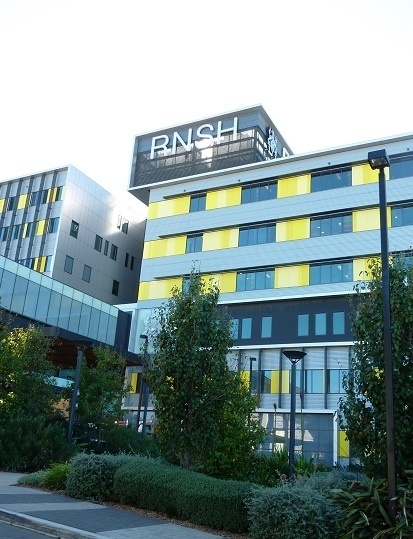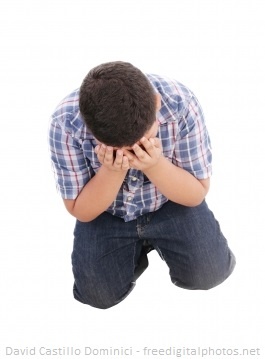
Call for health professionals to be more aware of signs of child sexual abuse surfaces during royal commission
The ABC has again reported on the Royal Commission into Institutional Responses to Child Sexual Abuse. They recently published revelations by psychologist Terence Kirkpatrick that he was sexually abused by a psychologist at the Royal North Shore Hospital (RNSH) in 1967 when he had been referred to the clinic to be treated for what was considered to be emotionally induced asthma.
Mr Kirkpatrick has said that in coming forward he hopes that people learn to become more aware of the behaviour around them. He said that apart from being made to perform oral sex at the RNSH, he was made to dress up and was photographed by his psychologist.
Mr Kirkpatrick has said that taking photographs of a child has nothing to do with therapy or treatment, and is an alert signal to another person such as a co-worker or supervisor that a child may be being treated inappropriately. He says that any staff member in health care with concerns about a colleague inappropriately treating a child need to be immediately addressed and dealt with.
The World Health Organization lists indicators of child sexual abuse:
- Physical – unexplained genital injury, recurrent vulvovaginitis, vaginal or penile discharge, bedwetting and fecal soiling beyond the usual age, anal complaints (e.g. fissures, pain, bleeding), pain on urination, urinary tract infection, sexually transmitted disease, pregnancy and the presence of sperm
- Behavioural – regression in behaviour, school performance or attaining developmental milestones; acute traumatic response such as clingy behaviour and irritability in young children; sleep disturbances; eating disorders; problems at school; social problems; depression; poor self-esteem; inappropriate sexualized behaviours
According to the World Health Organization, child sexual abuse:
- Is usually perpetrated by a known and trusted caregiver
- Involves incest / intrafamilial abuse in about one third of cases
- Risks are greater for children in foster care, who are adopted, or who are step children
- Risks are greater for children from single parent homes, who are socially isolated, or who have a parent(s) with mental illness, alcohol or drug dependency

The Australian Psychological Society (APS) has said that existing services are simply not adequate to meet the needs of survivors of child sexual abuse with complex trauma.
Dr Louise Roufeil, APS Executive Manager of Professional Practice has said that “specialist services are overburdened and cannot prioritise adult survivors.
We already know that Medicare is effectively providing excellent access to psychological services via GPs. A national redress scheme to provide access to psychological services for the survivors of institutional child sexual abuse could operate through a Medicare platform with financial support from the institutions at which abuse took place.
Having set up the Commission it is now incumbent on all to give the survivors of institutional sexual abuse access to effective psychological treatment and cultural support to help them recover.”
More articles on My Health Career:
